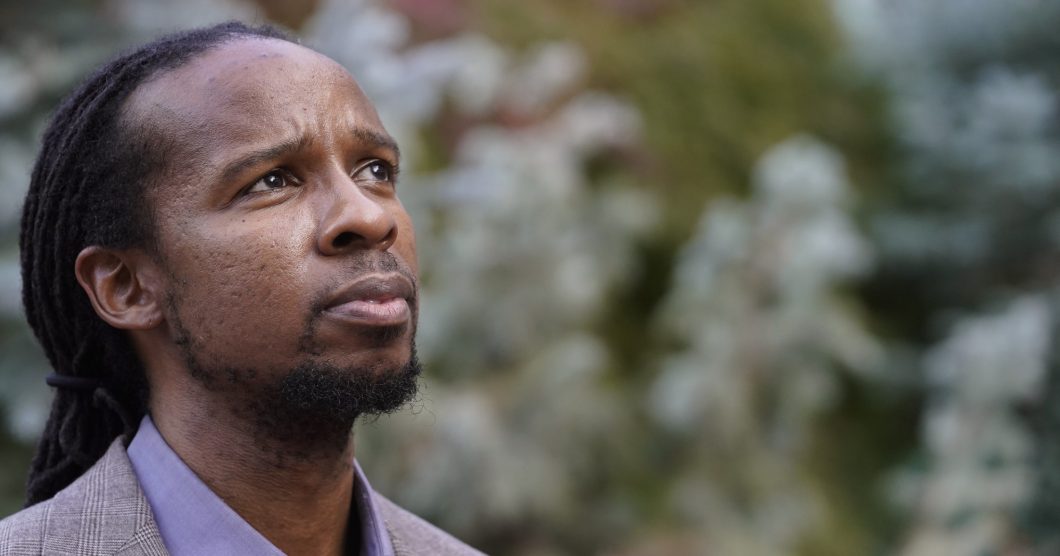

We know that that suit was absolutely critical in Massachusetts, indeed, becoming one of the first states to basically end slavery. On Elizabeth "Mumbet" Freeman, the first slave to sue for (and win) freedom Race as a construct and racism as a construct is a relatively modern and new phenomenon within the long history of humanity."


"acial inequity is not something that is inherent to humankind. So instead of a single person writing the history of a community, why not bring together a community to write the history of the community? In many ways, this group sounds like a choir. We executed this way to make the history much more accessible and diverse in many ways. We wanted people 100 years from now - 200 years from now - to be reflecting on, 'OK, this is what black folks were thinking at the 400-year mark.' We wanted this book to not only bring together a community, but literally make history, to ground history. On the inspiration and purpose of the book Highlights from this interview have been lightly edited for clarity. Kendi, who is one of the book's editors and the founder of Boston University's Center for Antiracist Research. WBUR's Morning Edition host Bob Oakes spoke with author and historian Ibram X. The new book "Four Hundred Souls" explores the history, trials and triumphs of their Black American descendants through a series of 90 essays and poems - and highlights their continuing struggle for racial justice. It's been more than 400 years since the first African slaves arrived on the shores of Jamestown, Virginia. Kendi, editors of "Four Hundred Souls: A Community History of African America, 1619-2019." (Courtesy) This article is more than 2 years old.


 0 kommentar(er)
0 kommentar(er)
